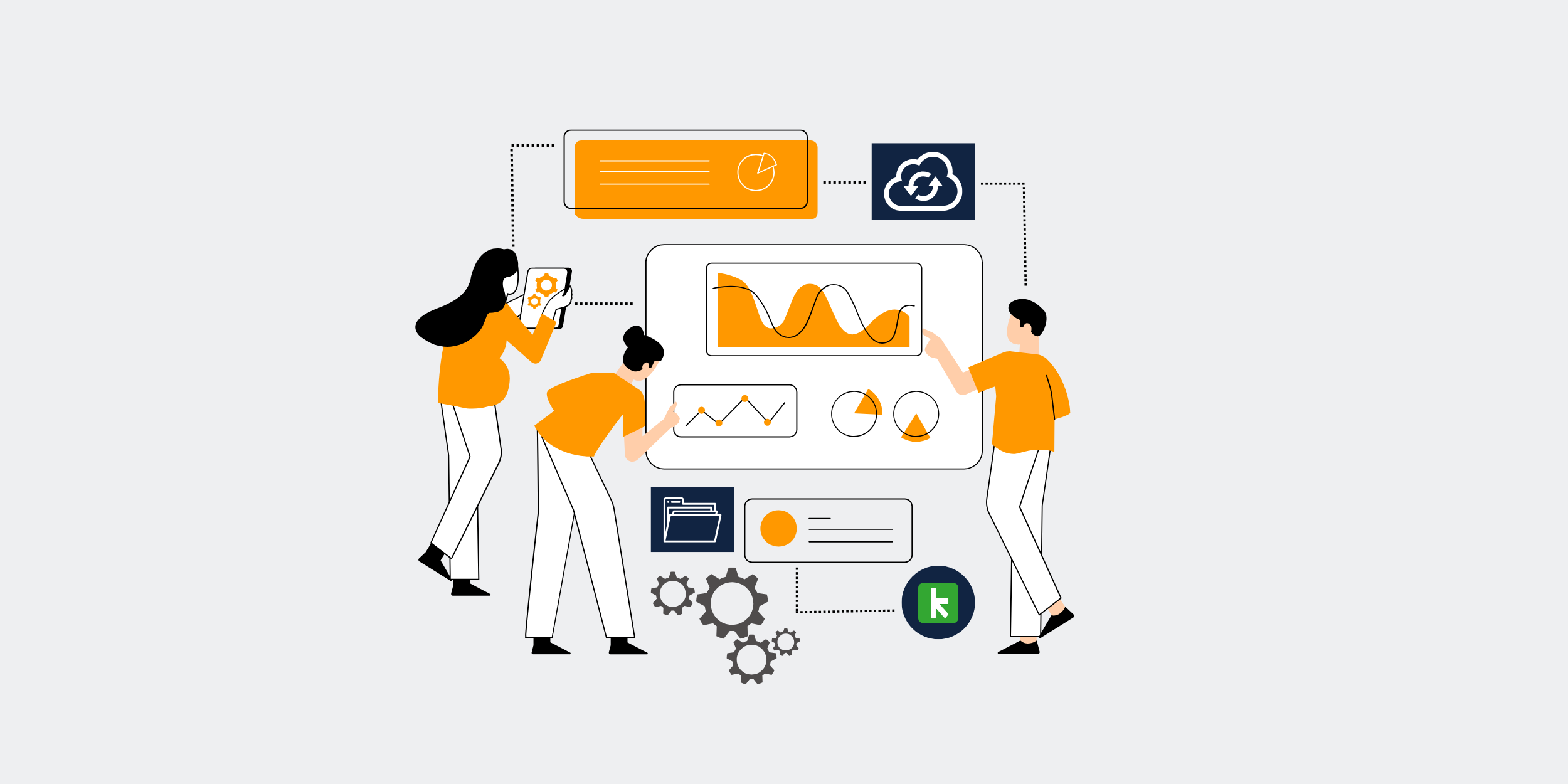Protecting Your Business with Reliable Backups for Keap Data

How to Safeguard Your Business with Keap (Formerly Infusionsoft) Data Backups
Hey there, business warrior! If you’re here, it means you understand just how crucial your business data is. Imagine losing all those precious contacts, client information, and historical data in one swift, unforeseen mishap. Scary, right? Well, fret not! Today, we’re diving deep into the realm of Keap (formerly Infusionsoft) and how you can ensure your business data remains intact, no matter what comes your way.
Understanding Keap and Its Importance
What is Keap?
Keap, which you might know under its old moniker, Infusionsoft, is a robust customer relationship management (CRM) platform. It’s a one-stop-shop for managing your contacts, automating your marketing, and streamlining your sales processes. Essentially, it’s the digital backbone of many modern businesses.
Why Is Data Backup Crucial?
Your data is gold. Without it, your CRM is just an empty shell. Regularly backing up your Keap data ensures you have a safety net if things go awry. Think of it as an insurance policy for your business information.
The Risks of Not Backing Up Your Data
Data Loss and Its Consequences
Picture this: a sudden system glitch or malware attack wipes out your Keap data. The aftermath? Lost client trust, disrupted operations, and potential revenue loss. It’s a nightmare scenario, but one that’s entirely avoidable.
Compliance and Legal Implications
Depending on your industry, there may be regulations that mandate data retention. Non-compliance due to data loss can lead to hefty fines and legal trouble. The stakes are high!
Steps to Safeguard Your Data in Keap
1. Regular Data Export
Exporting your data regularly is essential. Keap allows for data exports in various formats, which can then be saved securely. Set a regular schedule—weekly or monthly—and stick to it.
2. Automated Backup Solutions
Consistency is key! Automated backup solutions ensure your data is systematically backed up without manual intervention. It’s a set-it-and-forget-it approach that provides peace of mind.
3. Third-Party Backup Tools
There are several third-party tools designed to integrate seamlessly with Keap, offering robust backup solutions. Research your options and choose one that suits your business needs.
Popular Third-Party Tools
Consider tools like BackupMyCRM or Rewind. These platforms specialize in CRM data protection and can be life-savers in emergencies.
Best Practices for Data Security
Data Encryption
Encryption is the process of converting your data into code to prevent unauthorized access. Ensure that your backup solutions use high-level encryption standards like AES-256.
Secure Storage Locations
Where you store your backups matters. Opt for secure cloud storage solutions or trusted physical storage options to keep your data safe.
Regular Security Audits
Keeping tabs on your security measures can help identify potential vulnerabilities. Conduct regular audits to ensure all your protocols are up-to-date.
Restoring Data from Backups
Understanding the Restore Process
Knowing how to restore your data is just as important as backing it up. Familiarize yourself with the process to avoid panic during an actual data loss scenario.
Testing Restores Regularly
It’s not enough to just back up your data; you must test the restore process periodically. This will ensure that, if disaster strikes, you’re prepared to act swiftly.
Building a Data Recovery Plan
Identifying Critical Data
Not all data holds equal importance. Identify what data is critical to your operations and prioritize its protection.
Creating a Step-by-Step Recovery Guide
Craft a detailed recovery plan. This should include step-by-step instructions for data restoration, key contacts, and any tools required.
Training Your Team
Your team should be well-versed in the recovery plan. Conduct training sessions to ensure everyone knows their role in a data recovery scenario.
Final Thoughts
Safeguarding your business data with Keap backups isn’t just about following steps; it’s about adopting a mindset of proactive security. A sound backup and recovery plan can be the difference between a minor hiccup and a major business catastrophe. Stay vigilant, stay secure, and keep your business thriving!
Frequently Asked Questions (FAQs)
Q1: How often should I back up my Keap data?
A1: It’s recommended to back up your data at least weekly. However, if your business handles large volumes of sensitive information, you may consider daily backups.
Q2: Can I automate the backup process in Keap?
A2: Yes, there are third-party tools available that can automate the backup process for you, ensuring consistency and peace of mind.
Q3: What should I do if my data is lost?
A3: Stay calm and initiate your data recovery plan. Use your latest backup to restore your data and investigate the cause to prevent future occurrences.
Q4: Are third-party backup tools safe to use?
A4: Most reputable third-party tools are safe and use high-level encryption for data protection. Always research and choose trusted providers.
Q5: How can I ensure my data storage locations are secure?
A5: Use secure cloud storage services known for their robust security measures, or opt for physical storage solutions like encrypted external drives stored in safe locations.
